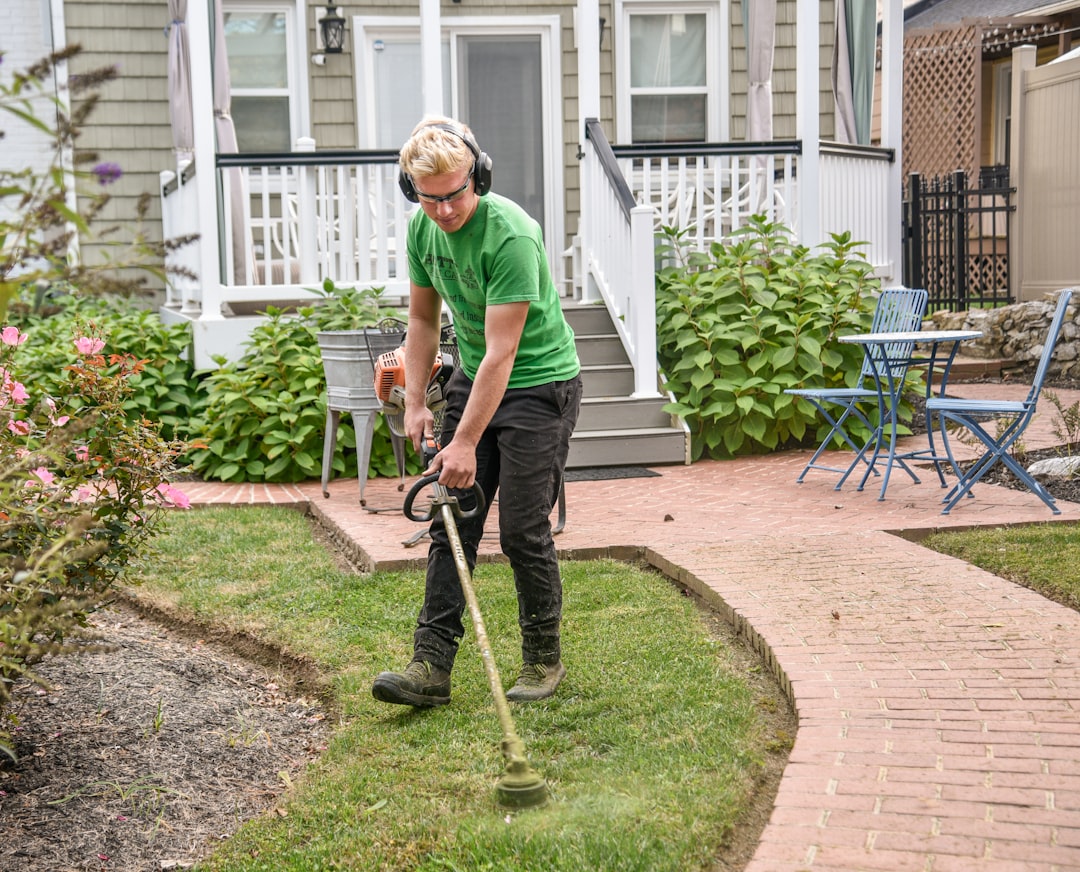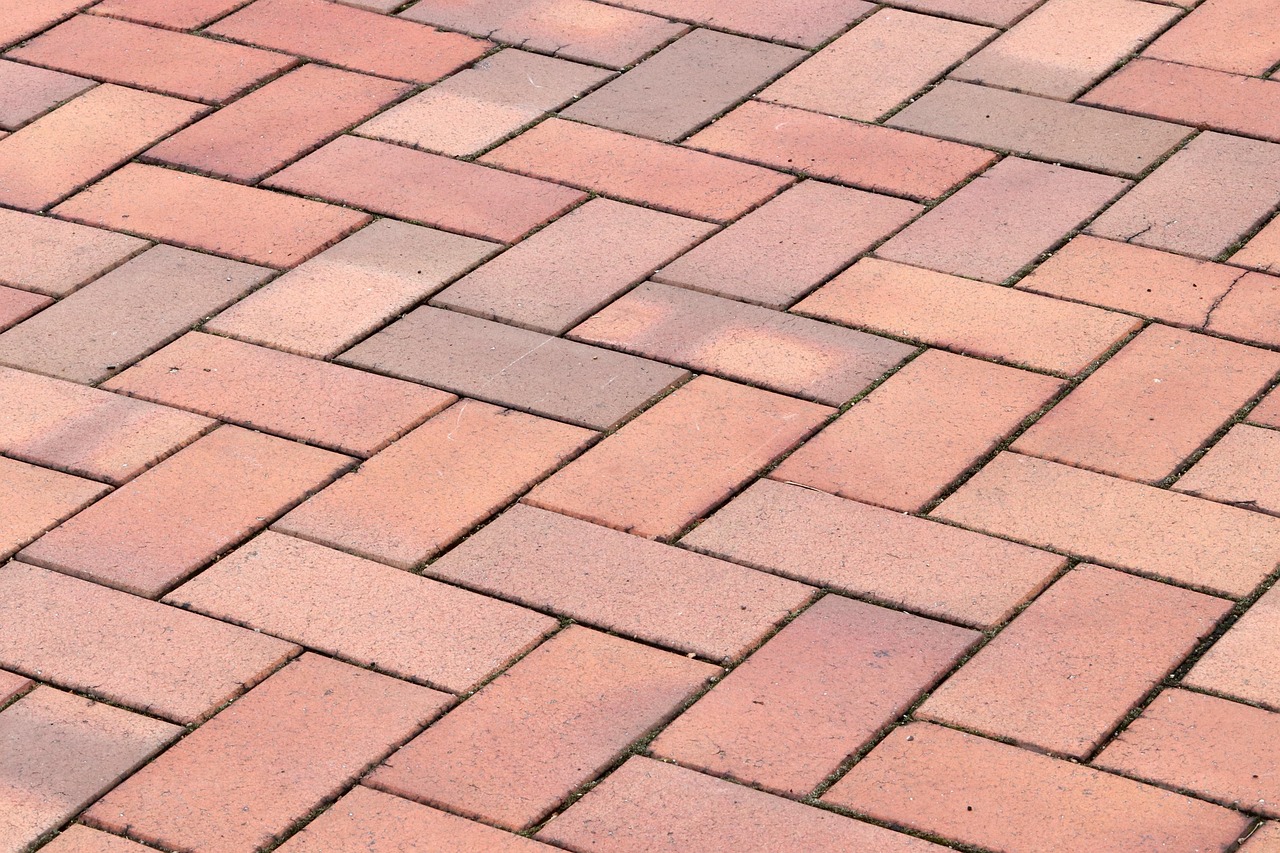
Waterproofing protects the concrete shell of the pool from water infiltration, which can weaken the structure and lead to cracks or erosion. It also serves to prevent water loss through leakage, helping to maintain optimal water levels and reduce utility costs. Given the constant exposure to moisture, pressure, and chemicals, the materials used for waterproofing must be resilient and long-lasting.
There are various methods used in swimming pool waterproofing, including liquid membranes, cementitious coatings, and sheet membranes. Each method has its advantages and is chosen based on the pool’s design, location, and specific requirements. For instance, cementitious coatings are often favored for their ease of application and strong bond with concrete surfaces. In contrast, liquid membranes offer flexibility and are ideal for complex shapes or areas with movement.
When preparing a pool for waterproofing, it’s important to thoroughly clean the surface and repair any visible damage. Surface preparation significantly impacts the effectiveness of the waterproofing layer. Once the surface is ready, applying the chosen waterproofing material should be done according to manufacturer specifications to ensure optimal performance. Proper installation practices can prevent premature failure and extend the service life of the pool.
Maintenance also plays a critical role in preserving waterproofing integrity. Regular inspections help identify early signs of wear or damage, allowing for timely repairs. Environmental factors such as ground movement or extreme weather can affect the waterproofing layer, so periodic assessments are essential to maintain a watertight seal.
For those seeking advanced solutions, integrating modern waterproofing systems can enhance protection and reduce long-term maintenance needs. Many of these systems are designed to be environmentally friendly and compatible with a wide range of finishes. For more information on effective waterproofing systems and surface protection, visit semcoworks.com to explore various options tailored for swimming pool applications.
Pool waterproofing is not just a technical requirement but a crucial investment in preserving the value and functionality of a pool. By choosing the right materials and maintaining the waterproof barrier, pool owners can enjoy a reliable and leak-free swimming experience for years to come.









